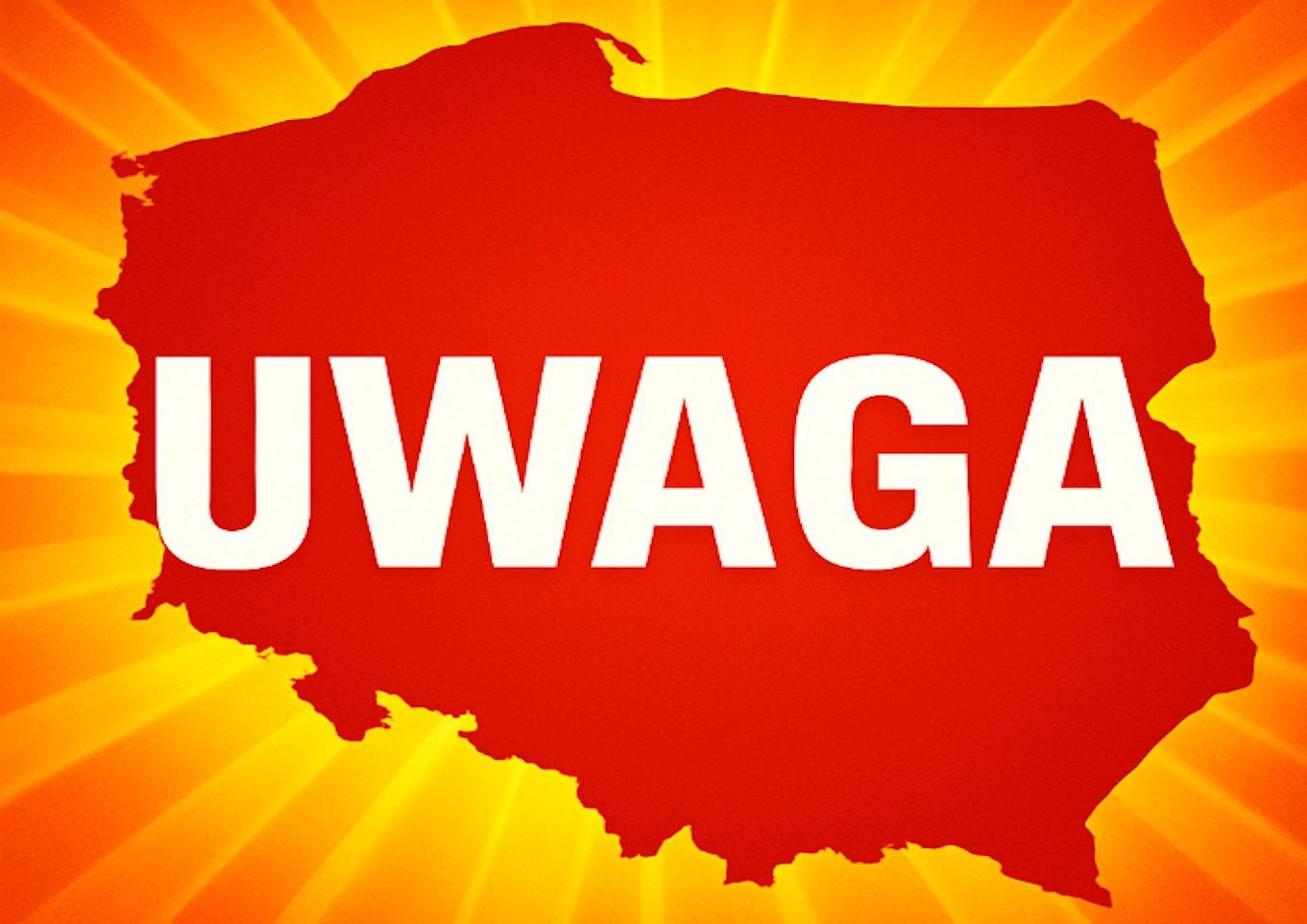
Against the increasing voices of criticism and social opposition, draft Investment and Housing Credit Act ‘First Keys’ was included in the list of legislative work of the Council of Ministers. This decision has sparked a wave of outrage among citizens who accuse the government of ignoring their opinions and pushing solutions that do not meet the real needs of society.
First Keys
The First Keys programme assumes subsidies up to 120 first instalments of mortgage loans granted for the acquisition of an flat or a single-family home on the secondary market. However, the eligibility criteria are highly restrictive:
- The property must be put into service at least 5 years before the submission of the debt application, which eliminates the anticipation of buying recently built apartments.
- The seller must have owned the property for at least 3 years, which reduces the flexibility of the real property market.
- The borrower may not own any another property, which excludes persons planning to change their residence due to work or another circumstances.
In addition, the programme foresees Price limits per square metre of property, which will be announced annually, which may not reflect dynamic marketplace realities.
Criticism and controversy around the program
The introduction of the First Keys programme met with broad criticism from both society and real property experts. The main charges are:
- Ignore the needs of citizens: Many Poles indicate that the programme does not respond to their actual housing needs, and restrictive conditions destruct a large proportion of possible beneficiaries.
- Preferential secondary marketplace at primary cost: Experts stress that focusing on the secondary marketplace can hamper housing improvement and does not contribute to expanding the availability of fresh premises.
- No public consultation: The decision to introduce the programme was taken without extended consultation with citizens, which raises doubts about the transparency of the legislative process.
Additionally, organization representatives Poland 2050 have raised concerns about the programme, highlighting its possible negative effects on the real property marketplace and the state budget.
Potential consequences of programme implementation
The introduction of the First Keys programme in its present form may lead to a number of negative consequences:
- Inhibition of improvement of the primary market: Preference for the secondary marketplace may discourage developers from making fresh investments, which will reduce housing supply in the long term.
- Price increases in the secondary market: Credit subsidies can artificially boost request in the secondary market, leading to an increase in property prices and further deterioration of housing availability for the average citizen.
- State budget burden: The financing of credit subsidies represents an additional burden on the budget, which, in the face of another public spending, may be hard to bear.
Social discontent and call for change
The decision to include the "First Keys" task in the list of the Council of Ministers' work met with a wave of protests by citizens who feel left out in the decision-making process. many calls for broad public consultation and a revision of the programme's assumptions appear on social media so that it better responds to the real needs of Poles.
NGOs and real property experts emphasise the request for more flexible solutions that take into account both the primary and secondary markets, as well as the diverse needs of different social groups.
The first keys programme, despite its excellent assumptions, raises serious controversy and doubts about its effectiveness and adequacy in the context of the current housing needs of Poles. In the face of increasing social dissatisfaction, it is crucial to carry out a sound consultation and review of the programme's assumptions so that it actually supports citizens in their dreams of their own home, alternatively of becoming another bureaucratic tool separated from the realities of everyday life.
Continued here:
The government is pushing the controversial First Keys programme despite public opposition















